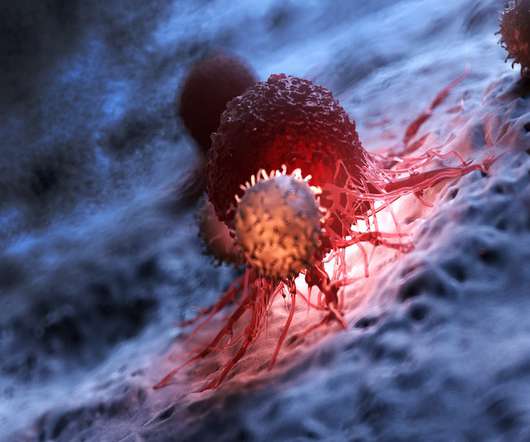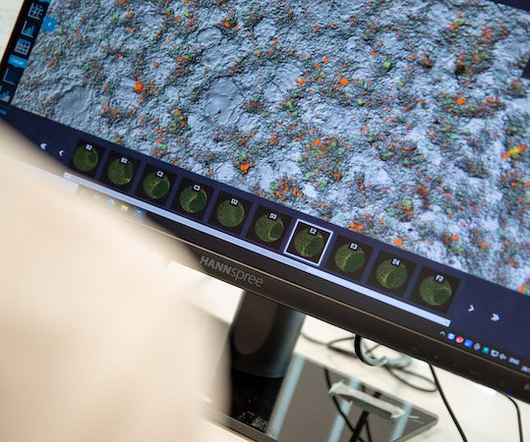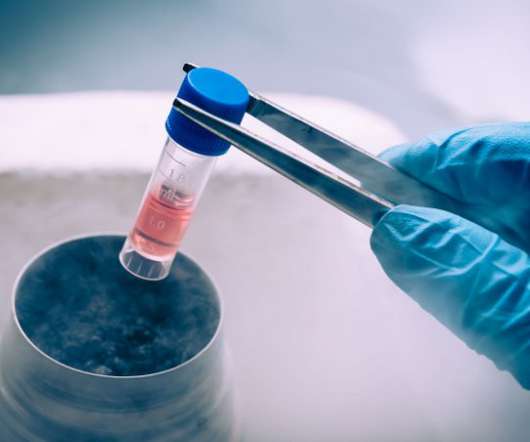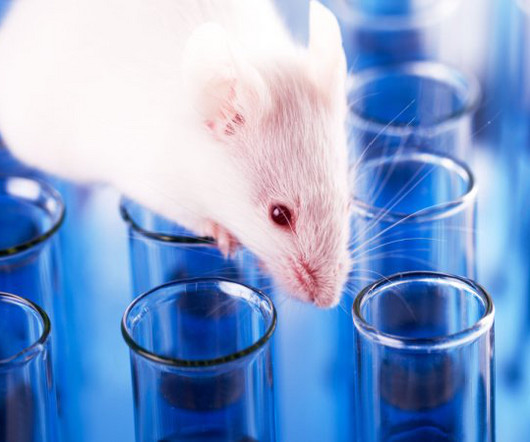How mice with humanised immune systems are advancing cell-based immunotherapy
Drug Discovery World
JULY 22, 2022
For example, in randomised clinical trials of patients with non-small cell lung cancer (NSCLC), pembrolizumab has been shown to be effective in slowing down disease progression and improving survival rates 1. However, adverse effects such as cytokine release syndrome (CRS) and neurotoxicity still occur. Jespersen et al.












Let's personalize your content